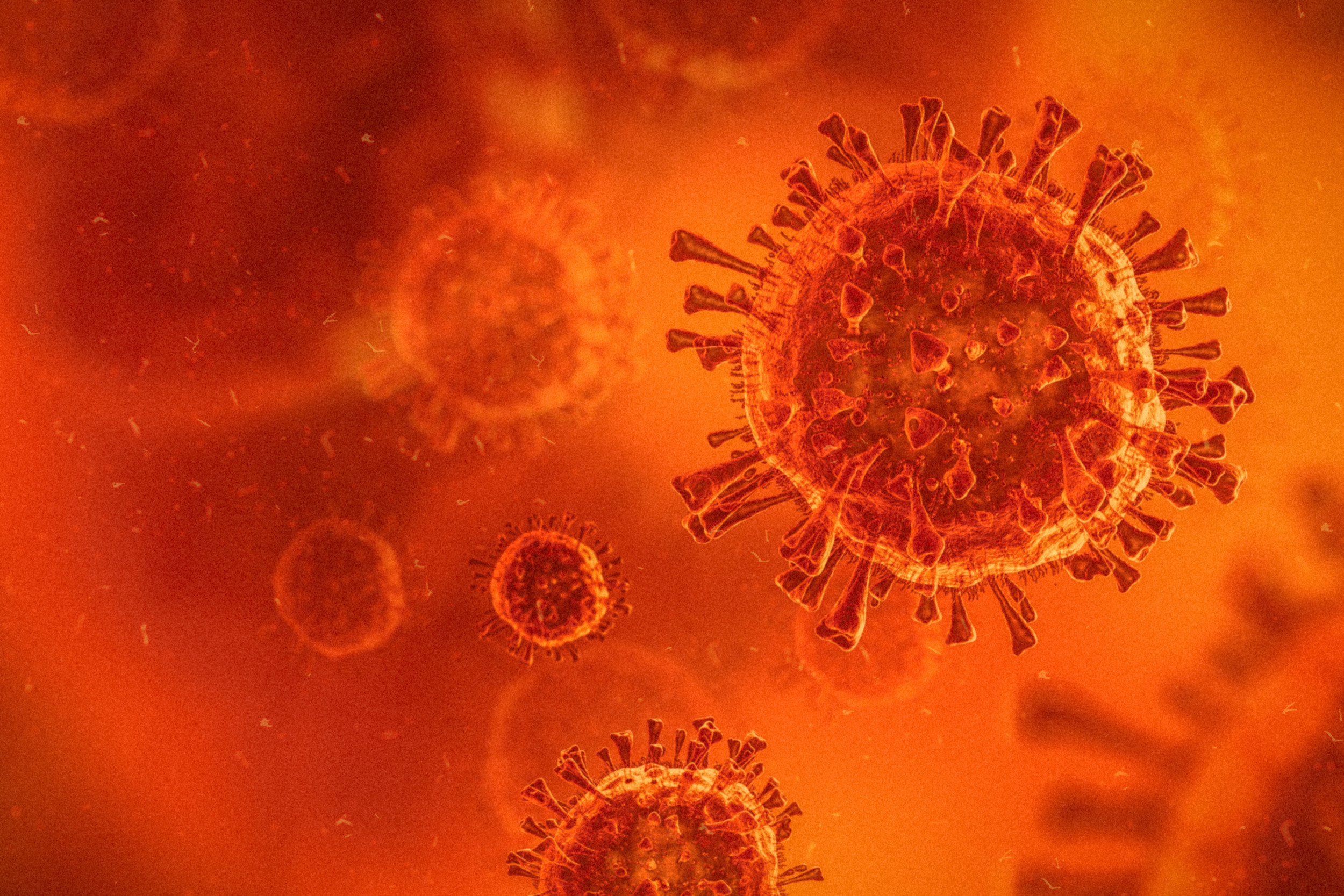A mutation that appeared in a variant of coronavirus was described as “alarming” by a renowned scientist.
The E484K mutation is present in a variant first detected in South Africa at the end of last year that has now spread to at least 12 other nations.
The variant is considered more transmissible than the form of coronavirus that first appeared in China, although it does not appear to cause more serious illnesses.
But some experts are concerned that the E484K mutation in this variant has the potential to decrease the effectiveness of COVID-19 vaccines.
Penny Moore of the National Institute of Communicable Diseases, a national institute of public health in South Africa, told CNN: “We fear that this mutation could have an impact, and what we don’t know is the extent of the impact”, describing the mutation as “alarming”.
COVID-19 vaccines work by inducing the body’s immune system to produce proteins known as antibodies that localize and neutralize the coronavirus.
There is evidence emerging from a handful of recent studies that suggest that the E484K may allow South Africa coronavirus variant to reduce the ability of some antibodies to neutralize the virus, including a non-peer-reviewed article published in pre-print server bioRxiv.
Researchers around the world are still investigating whether or not the mutation will reduce vaccine efficacy – and if so, by how much. We won’t know for sure until more research is published in the coming weeks.
At this stage, scientists think that the E484K mutation is unlikely to make the current COVID19 vaccines totally useless or drastically reduce their effectiveness.
This is because the injections available induce a strong immune response, providing high levels of protection against the virus.
Jeremy Luban, virologist at the University of Massachusetts School of Medicine in Worcester, said Nature: “If I had to bet now, I would say that vaccines will remain effective for the things that really count – preventing people from getting sick mortally.”
There is also some concern about what could happen as the coronavirus accumulates new mutations over time.
Paul Bieniasz, a virologist at Rockefeller University, told CNN: “This creates more opportunities for the virus to learn to be resistant to the vaccine.”
He said, “It will, in time, probably undermine the vaccine’s effectiveness, but we will not fall off a cliff tomorrow.”

